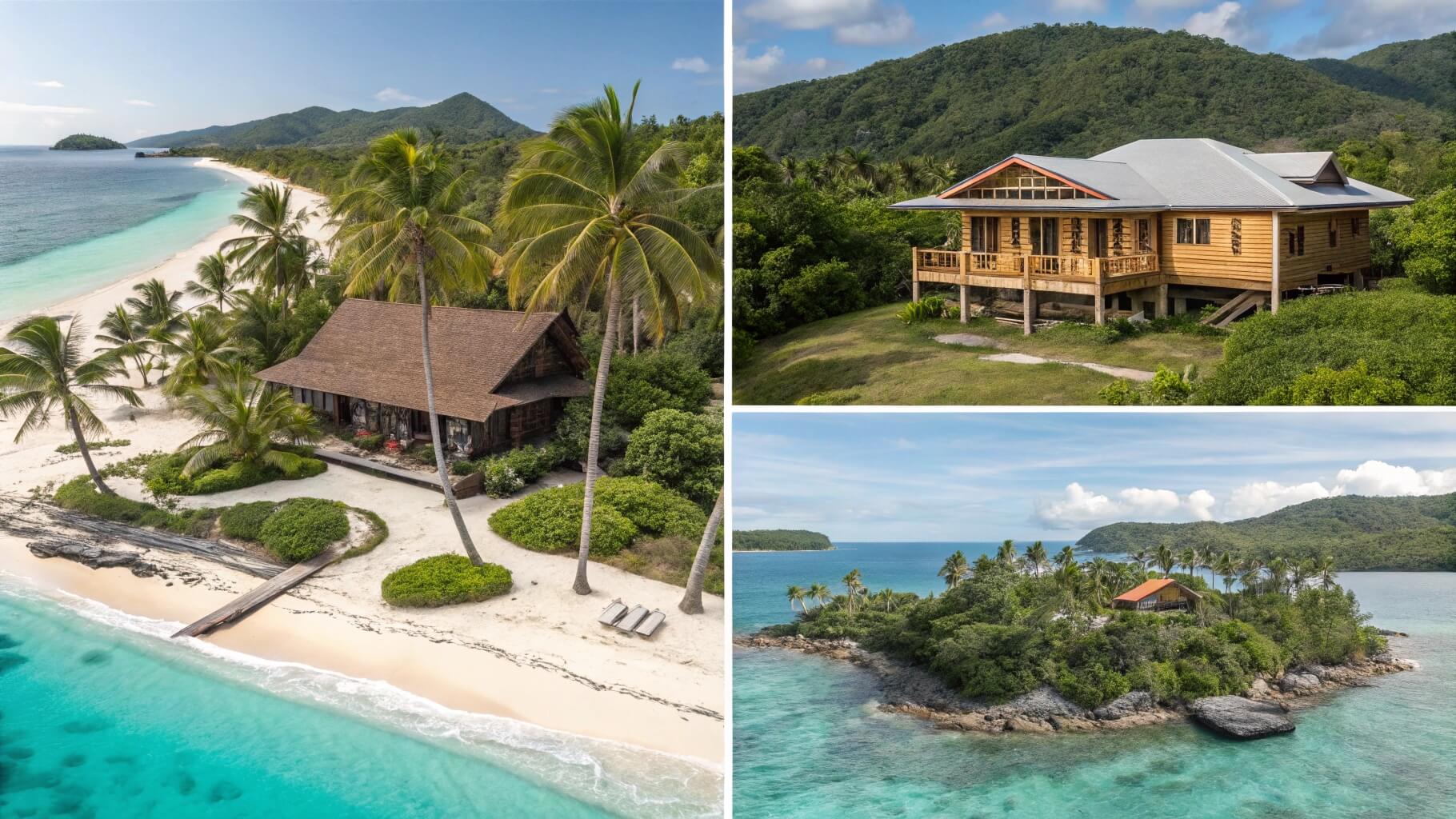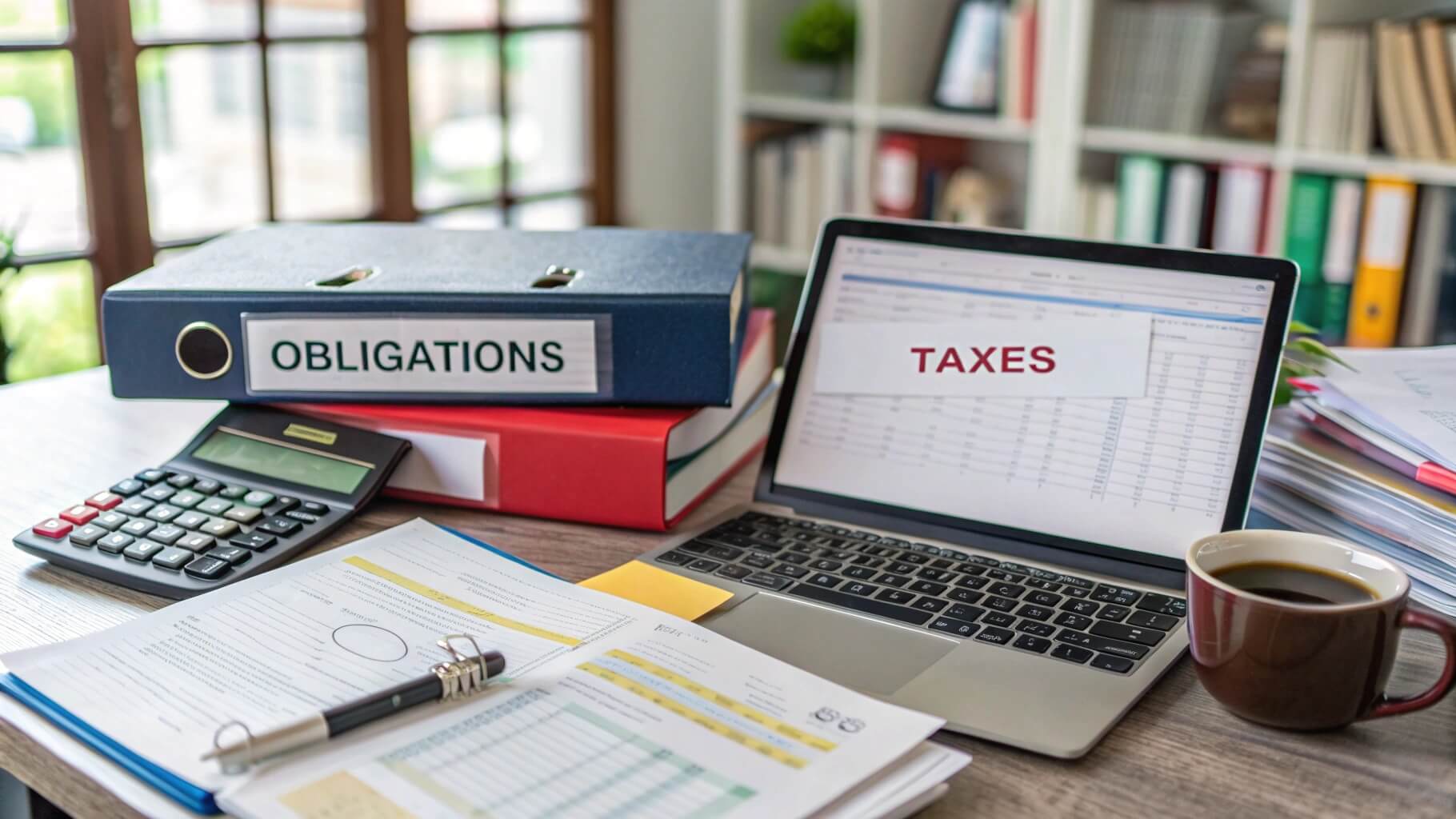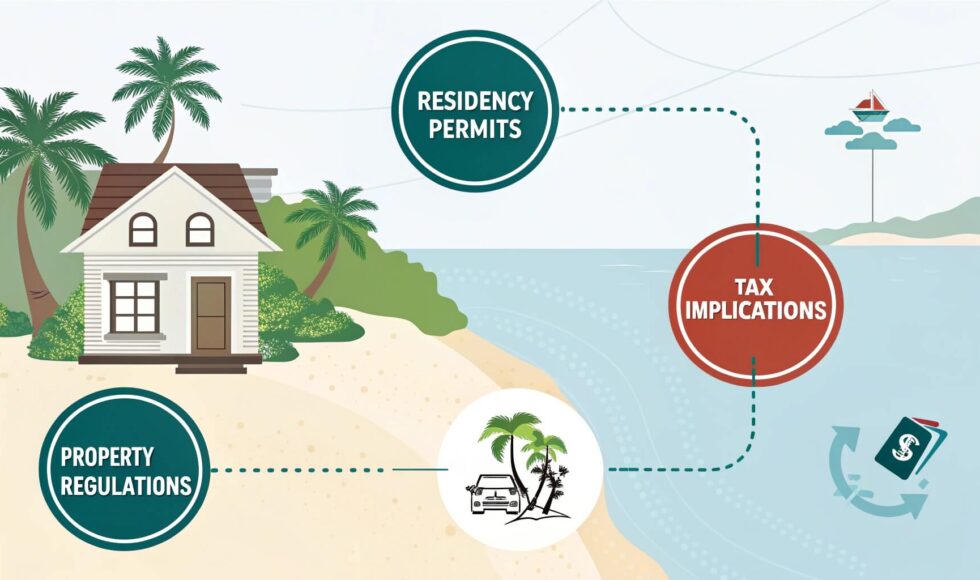Okay, here is the blog post formatted with headings, subheadings, bullet points, and paragraphs for better readability, keeping the original text intact:
Today! Ever dream of replacing the bustle with the soft lapping of waves on your slice of Australian island paradise? For many, both residents and those looking from far off, having an island house—perhaps tucked away in the Whitsundays, Kangaroo Island, or off the coast of Tassie—is a dream. But if you’re a foreigner yearning for those blue seas and sandy beaches, realising that dream will need negotiating a particular set of Australian legal constraints. Not too bad, but it does call for some study. Let us now explore the knowledge you require.
The Big Obstacle: FIRB Approval of Foreign Investment
Let us first address the Foreign Investment Review Board, or FIRB, first. Generally speaking, if you are not an Australian citizen or permanent resident, you will have to get FIRB clearance before you can buy residential property here—that includes absolutely perfect island homes. This mechanism is meant to guarantee that foreign investment serves Australia’s national interest.
Generally speaking, you are not allowed to purchase established homes (houses that have been previously occupied) just as an investment or holiday residence as a temporary resident or foreign non-resident. Usually, approval is only granted under specific circumstances:
- If you plan to rebuild the property, thereby significantly increasing the housing supply.
- If you are a temporary resident who intends to live in the property during your stay, with the intention of selling it once you leave.
Generally speaking, though, foreigners are allowed to purchase:
- Vacant land, provided they commit to constructing a dwelling within a designated period (usually four years).
- Newly built homes (those not previously occupied).
Application fees are involved, which vary based on the value of the property; hence, consider that in your budget.
Knowing Types and Nuances of Island Property

Island homes vary in character. Like mainland properties, you may come across freehold titles, in which case you own the land and the buildings outright. But especially in areas of popular tourism or national parks, you could come across leasehold properties. This means although the underlying land belongs to the Crown (government), you own the right to occupy the land and house for a designated period—often decades. Knowing the type of tenure is absolutely vital since it determines ownership rights, obligations, and possibly resale value.
Moreover, particular islands may have particular covenants or limitations depending on:
- Environmental sensitivity
- Indigenous land rights
- Particular island management policies
Access could also be a consideration; some islands are simply reachable, while others call for private boats or particular ferry schedules. Investigate carefully the specific island and property you are looking at.
Organising the Financial Data
Purchasing a property anywhere calls for large capital, and buying an island house as a foreigner adds some additional financial layers. Australian banks should exercise caution when lending to non-residents without strong ties to Australia, such as local employment or assets. Often 20-30% or even more, you will probably need a bigger deposit than a local buyer.
Beyond the purchase price and FIRB fees, keep in mind other costs:
- Stamp duty (a state government tax that differs greatly between states/territories)
- Legal fees
- Conveyancing costs
- Maybe buyer’s agent fees
Remember also the continuous expenses of foreign money transfers and changing exchange rates that affect your whole investment. It is highly advised to consult a financial advisor knowledgeable in foreign transactions.
Remember Local and State Laws Not Forgotten
While FIRB manages the federal foreign investment side; state and municipal council rules control property ownership as well. These regulations address:
- Zoning (what the land can be used for)
- Building codes
- Environmental protections (particularly crucial on islands)
- Waste management
- Access rights
Some local governments have particular development plans or limitations for their island populations. For example, rules might control your access to your property, thereby affecting services such as commercial boat rental, which could be important if you plan to operate a small tourism business or require regular supply deliveries. Before committing, it is imperative to carefully review these state and local rules.
Life After Purchase: Other Obligations and Taxes

Congratulations; you have secured your island house and negotiated the challenges! The road doesn’t stop there, though. Being an Australian property owner will mean continuous obligations. Though your main residence may be exempt, investment properties typically are not, and thresholds vary by state. You will be liable for annual council rates and perhaps state land tax.
Should you choose to rent out your island escape for financial gain, Australia taxes this income. To show this rental income and any associated expenses, you will need to lodge your yearly Australian tax returns. Maintaining excellent records is crucial.
Your situation and visa status will determine whether owning property has consequences; generally, however, property ownership by itself does not automatically confer residency rights. See a registered migration agent if your long-term strategy includes residency.
The Golden Rule: Consult Professionals!
Managing foreign investment rules, property law across many jurisdictions (federal, state, and local), financing, and tax obligations can be challenging. The one most crucial piece of advice is to consult Australian licensed experts.
- Before you sign any contracts, find a property law and foreign investment specialist solicitor or conveyancer.
- Speak with financial advisors or mortgage brokers experienced with lending to foreigners.
Their knowledge can save you time, stress, and maybe expensive errors.
Your Island Dream Just Ahead
Being a foreigner living on an island in Australia is definitely doable, but it also requires careful preparation, extensive investigation, and negotiating particular legal and financial routes. Key is knowing the FIRB process, property types, financing challenges, local laws, and continuous tax obligations. That dream of waking up to the sound of the Aussie ocean on your island doorstep can become your reality with the correct planning and professional direction.
Dream Australian island location, what is it? Comment below your ideas or any questions you have; let’s discuss how to realise those island dreams!

